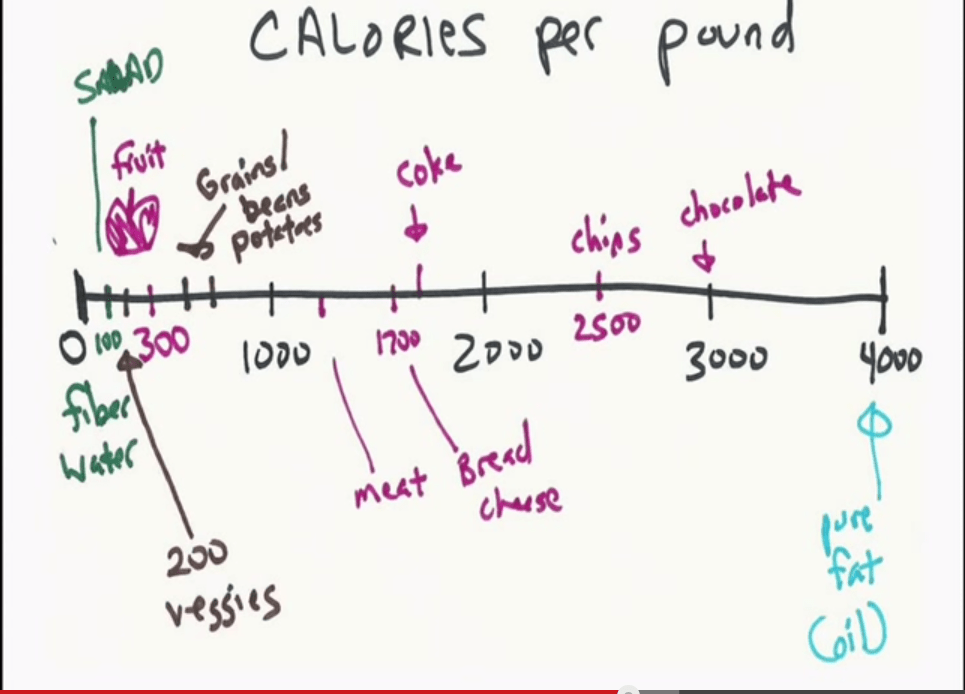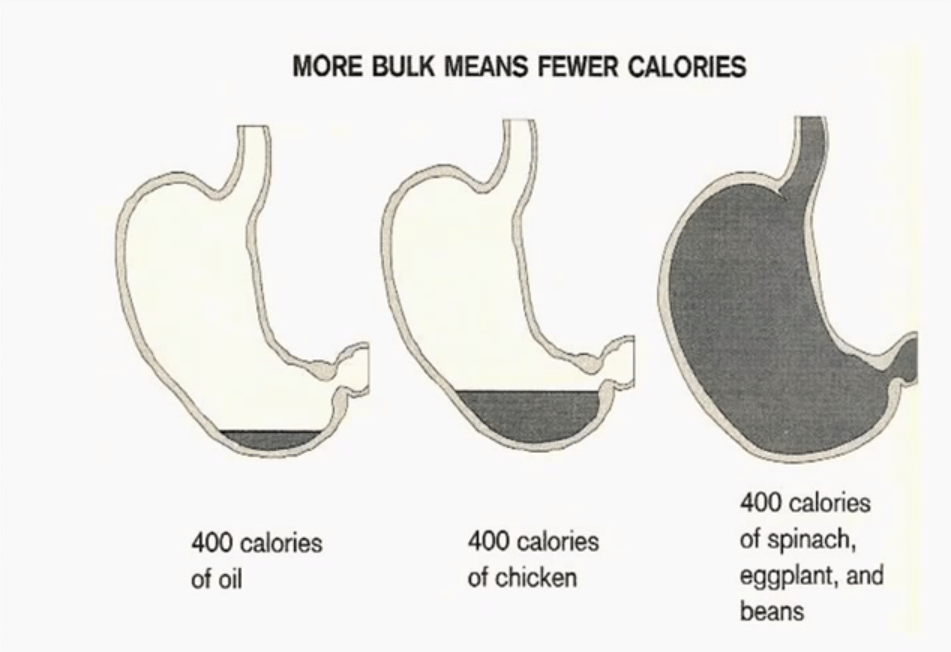Category Archives for Weight Loss
Losing Weight versus Eating Better – Goals versus Systems
Rachel has been on many diets during her life. Some days the scale would be down, other days the scale would be up. On each diet she lost weight for awhile. Then progress halted. She plateaued. She got frustrated and quit the diet. Sometimes she gained the weight back (and more), other times she went right to another diet to try and keep making progress.
If this is familiar to you, I’d like to suggest another way. Instead of focusing exclusively on the end goal (eg. losing 10 pounds) try to focus mostly on improving what you are doing each day (eating better, improving exercise).
Dilbert Knows Best
In How to Fail at Almost Everything and Still Win Big: Kind of the Story of My Life, Scott Adams (Dilbert cartoonist) suggests that to be happier and achieve more success in life we should focus on systems, not goals. A goal is a specific objective that you achieve (or don’t) in the future, whereas a system is something you do on a regular basis (ie. in the present). There’s also an article on goals vs systems by James Clear.
Why Goals Suck
He says that the whole time you are trying to achieve your goal you could feel badly because you’re short of the goal. Then when you finally reach your goal you can lose purpose and direction (unless you set new goals). That’s often why many people starting gaining weight when they reach their goal weight. When focusing on a system you can feel happier on a daily basis because you take action each day. There’s a lot of detail and nuance here that I won’t get into (I highly suggest reading the book). The reason I’m mentioning this on a diet and weight loss blog is that I think it can help you with the mindset of weight loss (and muscle building/mobility if you’re into that as well).
Over the past few years, I’ve seen many people post messages on Facebook groups who are upset after weighing themselves that they aren’t losing weight as quickly as they hoped, or their weight loss has stalled or even gone up in some cases. I even wrote a blog post about the 7 Habits of Highly Ineffective Dieting. Other people (including myself) would respond, explaining why this weight issue can happen, telling them to be patient, advising them not to weigh themselves every day which can drive them crazy, etc. They are generally upset because they don’t feel like they are progressing towards their goal. In many cases, plateaus (lack of progress) are the reason people quit their diets (or switch) and end up gaining most if not all of the weight back.
I know this can be a difficult mindset to change. You might still want to have goals in the back of your mind (lose 10 pounds, get abs, gain 10 pounds of muscle, etc) but by focusing on creating a system of eating better and exercising you can hopefully feel much better as you take action each day.
The Power of Questions
Another way to look at it is by changing the questions you are asking yourself. Instead of ‘Did I lose weight today?’ (goal oriented), it could be ‘Did I eat healthy foods and avoid unhealthy foods today?’, ‘Did I eat lots of fruit, vegetables, legumes and whole grains today?’, or ‘Did I exercise today?’ (and in my case ‘Did I work on flexibility/mobility drills today?’). These are all systems oriented questions. At the end of most days, I feel good knowing I took action to get leaner and healthier even if I don’t have the physique that I plan to have.
Another part of using systems with regards to weight loss (and health) is to have a variety of foods prepared at home which makes the process easier. You can cook up batches of rice, beans, potatoes, quinoa, pasta, etc as well as use frozen bags of vegetables, fruit, even beans nowadays. Bagged salads and pre-chopped veggies can help as well – anything to get you to eat more healthy foods when you get hungry and don’t want to cook.
Feedback loops
Feedback loops are also important. At the end of each day or week, you can ask yourself if you took action each day. If not, try to understand why. Maybe you noticed if you don’t workout in the morning you tend not to work out later due to being too tired. Maybe you noticed when you’re tired or stressed or aren’t prepared with food you tend to eat fattier foods or junk food. Use this feedback to make improvements going forward.
Routines and Progressions
If you are interested in building muscle or improving flexibility these things can also benefit by having a system. Come up with a routine for each area that you do daily rather than haphazardly grabbing dumbbells at the gym and working out based on what equipment is available. In order to make progress (getting more flexible, having more muscle) you need to be making progress in each area – this is achieved by having a sequence of progressively more difficult exercises (I personally use Convict Conditioning progressions for calisthenics and am also signed up for Gymnastic Bodies. So with weights you’d be lifting heavier weights over time, doing more sets/reps, decreasing the time between sets (known as increasing volume). With flexibility/mobility, you’d be working on getting the joints moving again, stretching the muscles further over time and building strength at end ranges of stretches.
Present Moment
Another way to think about all this is that you are focusing more on the present moment. Present moment awareness is generally a happier place than thinking about the past (bad experiences, etc) or the future (worrying about what might happen). I’m also working on this, trying to focus on what I can do each day ie the process rather than the end goal.
Take Daily Action
So to summarize, it’s fine to set goals (I know this is a natural desire) such as losing 10 pounds or getting abs but try to focus most of your attention on your daily actions as part of a system of eating right and exercising. A system is more likely to result in success and a healthy, positive attitude as you focus on the fact that you are taking action each day and less on the fact that you aren’t at your goal quite yet.
30 lb Weight Loss! Plant-Based Lifestyle
Down 30 lbs as of July 1, 2013. I discuss the results and show a graph here.
Plant-Based Diet – Not Losing Weight? – Troubleshooting Tips
I talk about how to troubleshoot your meals and habits to see where the problems might lie. Calorie density is key! And check out The Starch Solution.
Plant-Based Diet – Weight Loss Results Update
Items mentioned in the video:
The Starch Solution
Omron Body Fat Monitor
Stamina Power Tower
These are my results so far. I’m super happy and trying to inspire you to try this plant-based lifestyle!
Calorie Density
One of the core concepts that I like to talk about when losing fat or maintaining a lean, healthy physique is the concept of calorie density. It vastly simplifies things as the complexities of trying to figure out what you should be eating.
Each food item has a certain amount of calories per pound. See diagram below, taken from Doug Lisle’s talk on The Pleasure Trap.
If you eat food at the left side of the graph you get to eat a larger volume of tasty food than you do if you eat foods on the right side of the graph. Volume, or stomach stretching is an important component of feeling satiated. See diagram below, also taken from Doug Lisle’s talk on The Pleasure Trap. Someone noted that this photo may have originated from the book Eat to Live by Dr. Furhman.
So this would be salads, fruit, vegetables, legumes (beans) and whole grains (rice, quinoa). Things to be careful of, even as a plant-based eater is flour and anything higher – crackers, meat, dairy, nuts, oil.
You can hopefully see from the picture that lower calorie dense foods fill up the stomach more than higher dense foods like oil and fatty foods. So the bottom line is that for a given amount of calories you can eat more lower calorie dense foods or less higher calorie dense foods.
Our bodies have an ability similar to animals (who don’t tend to be obese unless they live with humans) to detect the caloric content of whole foods, but when they are processed and higher in density it becomes more difficult.
We are also set up to seek high calorie foods and can get addicted to salt, sugar and fat. So a lot of the products that we see in the stores have just the right amount of these items to keep us hooked.
I’ve had a lot of success focusing on caloric density and satiety via starches so I recommend you check out The Starch Solution by Dr. McDougall, The Pleasure Trap by Doug Lisle and Calorie Density by Jeff Novick to fully grasp this concept.
Finally, an amazing benefit of this method aside from losing fat and getting healthy is that you don’t have to count calories anymore! This is incredibly freeing and a stress-free way to eat!
Lose Weight Fast With These Starch-Based Recipes
Forget what you learned about ‘carbs make you fat’, or that ‘previous low fat diets didn’t work’ (people didn’t really eat low fat during that craze even with all the low fat products). You can get healthy, lean and off all medications by adopting a starch-based diet. Luckily I’ve provided a lot of insanely tasty plant-based recipes, and low in fat. It’s the easiest way to get in shape there is. I go through my various starch-based (and fruit) recipes in this video.
Starch-Based Diet Tips for Beginners
Video with some of my best tips for success on a starch-based low fat vegan lifestyle.

